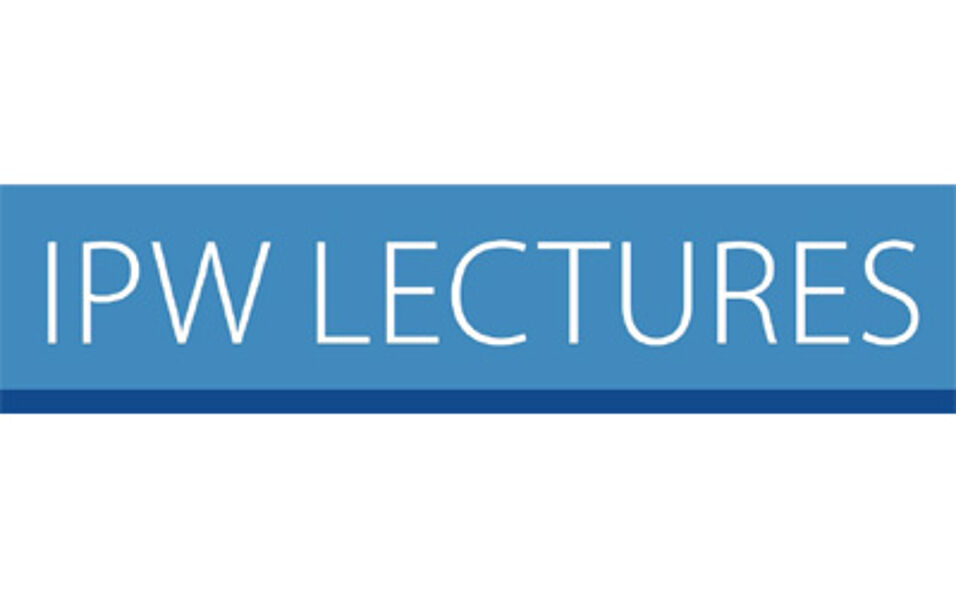When: Wednesday, 16 November 2022, 17:00
Where: Konferenzraum (second floor), Neues Institutsgebäude (NIG), Universitätsstraße 7, 1010 Vienna
Lecturer: Anders Berg-Sørensen
Moderation: Fabio Wolkenstein (University of Vienna)
Abstract
With the rise of right-wing populism over the last decades, research has increasingly shown interest in the political role of Christianity in Europe. Political leaders, especially Victor Orbán in Hungary and Jaroslaw Kaczynski in Poland, have invoked Europe’s Christian heritage as crucial for European civilization in general and specifically for their national identity and belonging under threat because of globalization and immigration. However, the political role of Catholicism has received much more attention in recent research than Protestantism, which is remarkable compared with the emphasis on the Protestant heritage in American political research. In order to address this gap, the focal point in this paper is the political role of Lutheranism in contemporary public discourse with Denmark as primary case. The aim of the paper is threefold: First, to analyze the political narratives of Christian nationalism articulated in the recent books emphasizing identical narratives about the Danish Lutheran heritage and national identity as well as ideological differences. Second, to contest the articulated political narratives of Christian nationalism by setting the Lutheran reformation and the Grundtvigian national-romanticism in the historical and political context of the formation of the Danish nation-state. Third, to contextualize the Danish political narratives of Lutheran nationalism in relation to European transnational tendencies addressing the contemporary political role of Christianity in relation to questions of family values, refugees and immigration, and human rights.

